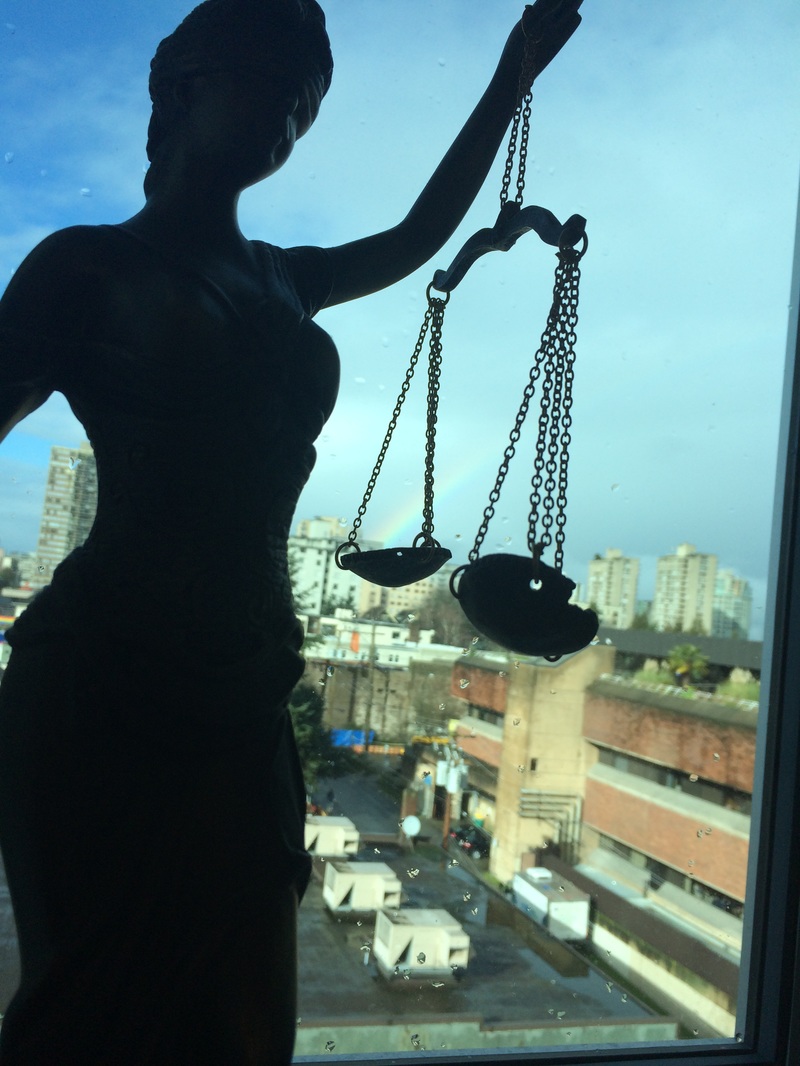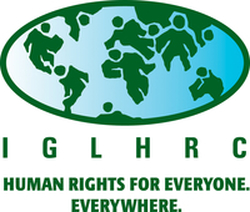The move is enormously symbolic - for the government and for the queer community. Klippert's conviction was upheld by the Supreme Court of Canada. That decision was one of the motivators for then-Prime Minster Pierre Trudeau to decriminalize homosexuality.
Justin Trudeau's move to pardon Klippert posthumously has the effect of expunging from Canadian history the stain of criminality. Though the move cannot remedy the injustices suffered by that generation of queers, who had no human rights protection and lived in fear of criminal charges, it has the effect of a public apology for the state's conduct in criminalizing same sex relations and relationships.
The press release says;
Though dismissed by the Supreme Court in 1967, Everett Klippert's case was instrumental in the government's decision to decriminalise homosexual acts between consenting adults. To honour that legacy, the Prime Minister intends to recommend that a pardon under the authority of the Royal Prerogative of Mercy be granted posthumously to Mr. Klippert. The Government also intends to review the cases of individuals who were convicted of "gross indecency" and "buggery" in past years, in order to determine if a pardon is warranted. As Canadians, we know that protecting and promoting fundamental human rights must be an imperative for governments and individuals alike and this includes gender identity, gender expression, and sexual orientation. We have made great strides in securing legal rights for the LGBTQ2 community in Canada from enshrining equality rights in the Charter to the passage of the Civil Marriage Act. But the fight to end discrimination is not over and a lot of hard work remains. Canadians know our country is made stronger because of our diversity, not in spite of it.


 RSS Feed
RSS Feed
